Collaborations form a big part of some of the year’s most notable works. We have…
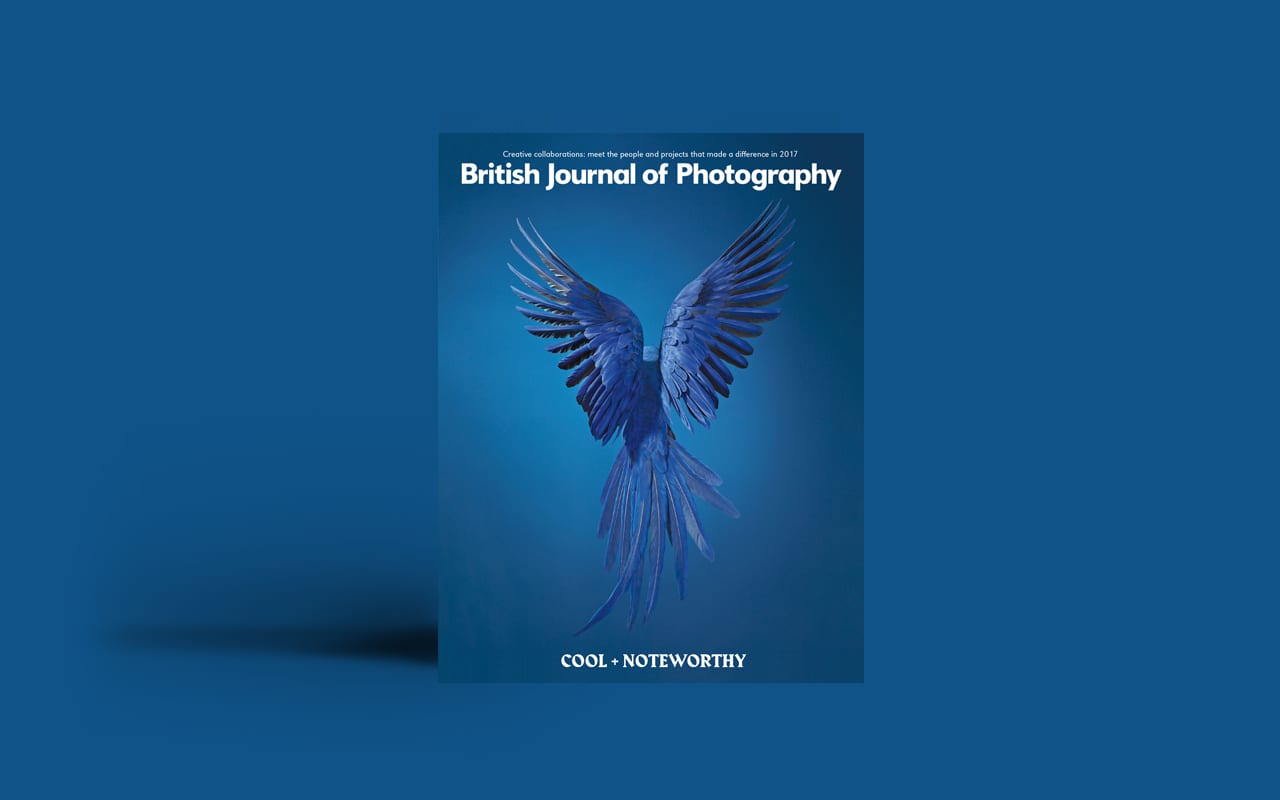
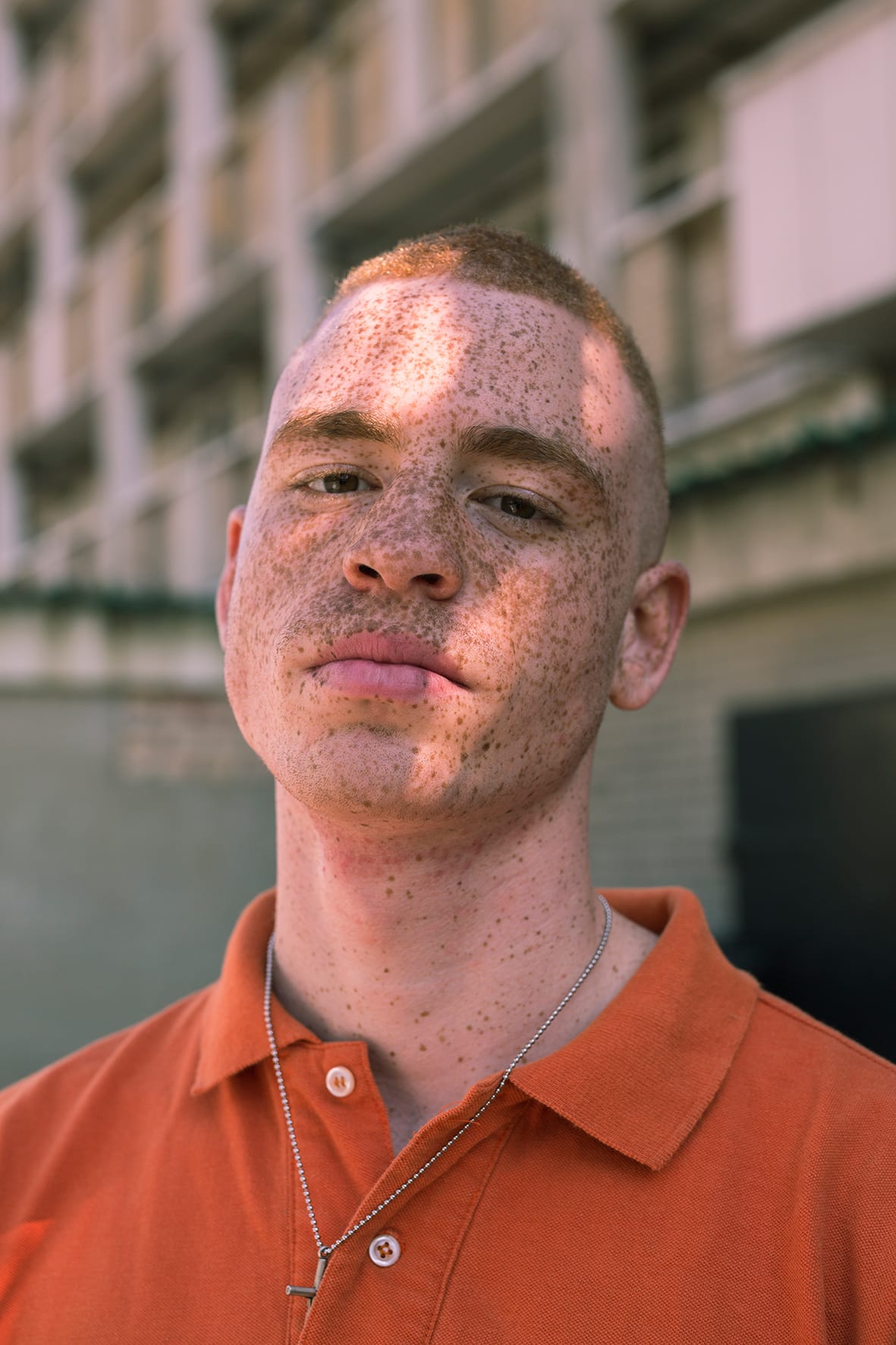
Is a photography degree still worthwhile? Norwich University of the Arts’ Photography BA presents a fresh approach
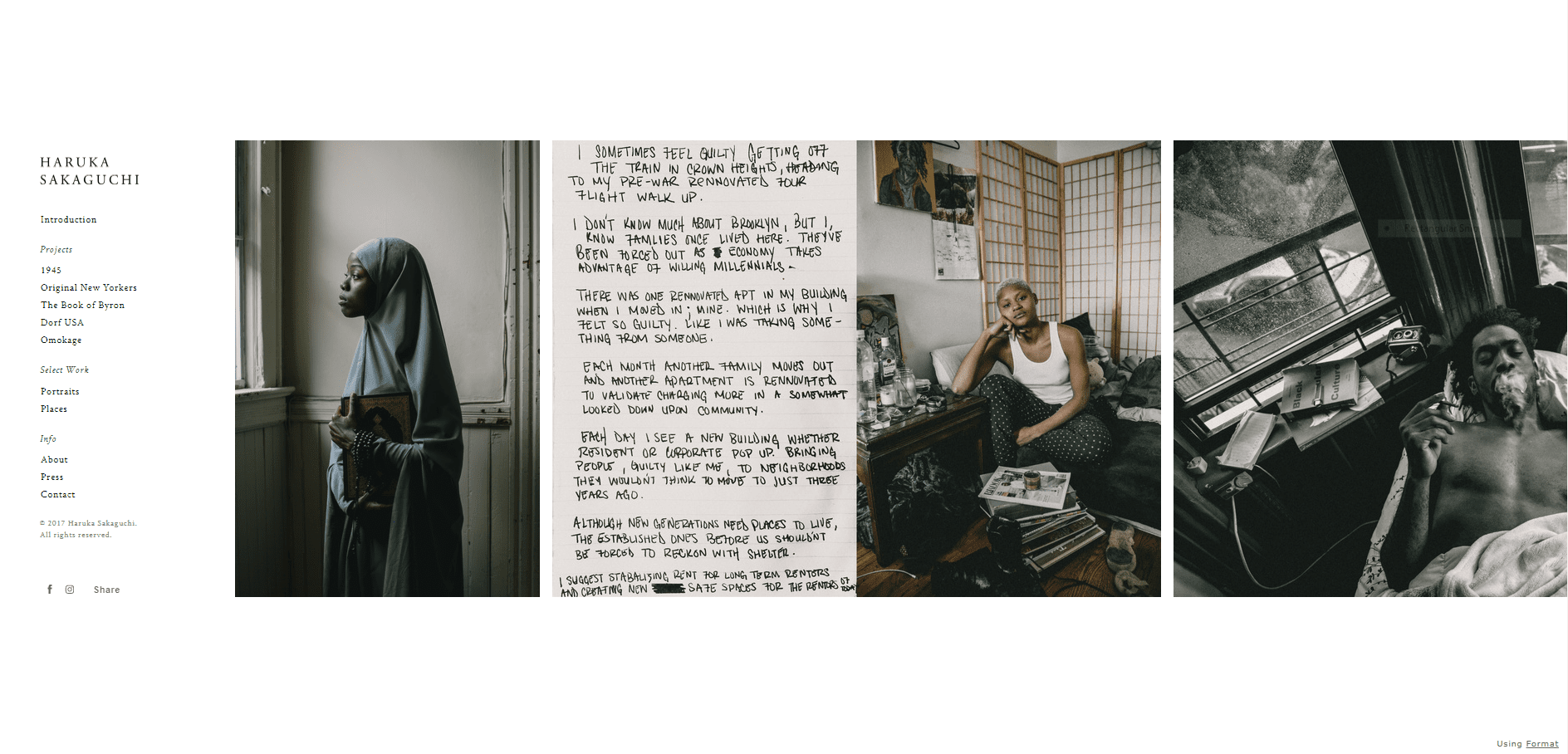
What do photographic agents, curators, editors and commissioners look for on an online portfolio? Five industry professionals offer their perspectives.

At 28, Zsolt Ficsór is part of this new generation, using his collective, MAMA Photobooks, to help promote local artists’ self-published work. In October Ficsór brought MAMA to Photo Book London at The Old Truman Brewery, Brick Lane, for example, while in September, he was invited to take part in the five-day Magnum workshop at the Capa Contemporary Photography Centre in Budapest. Lead by celebrated Magnum photographers Antoine d’Agata and Matt Black, this workshop was a masterclass in developing his style of urban documentary photography, he says, which stems from his fascination with “interacting with this surreal and unreal world that we are living in right here here, right now”.
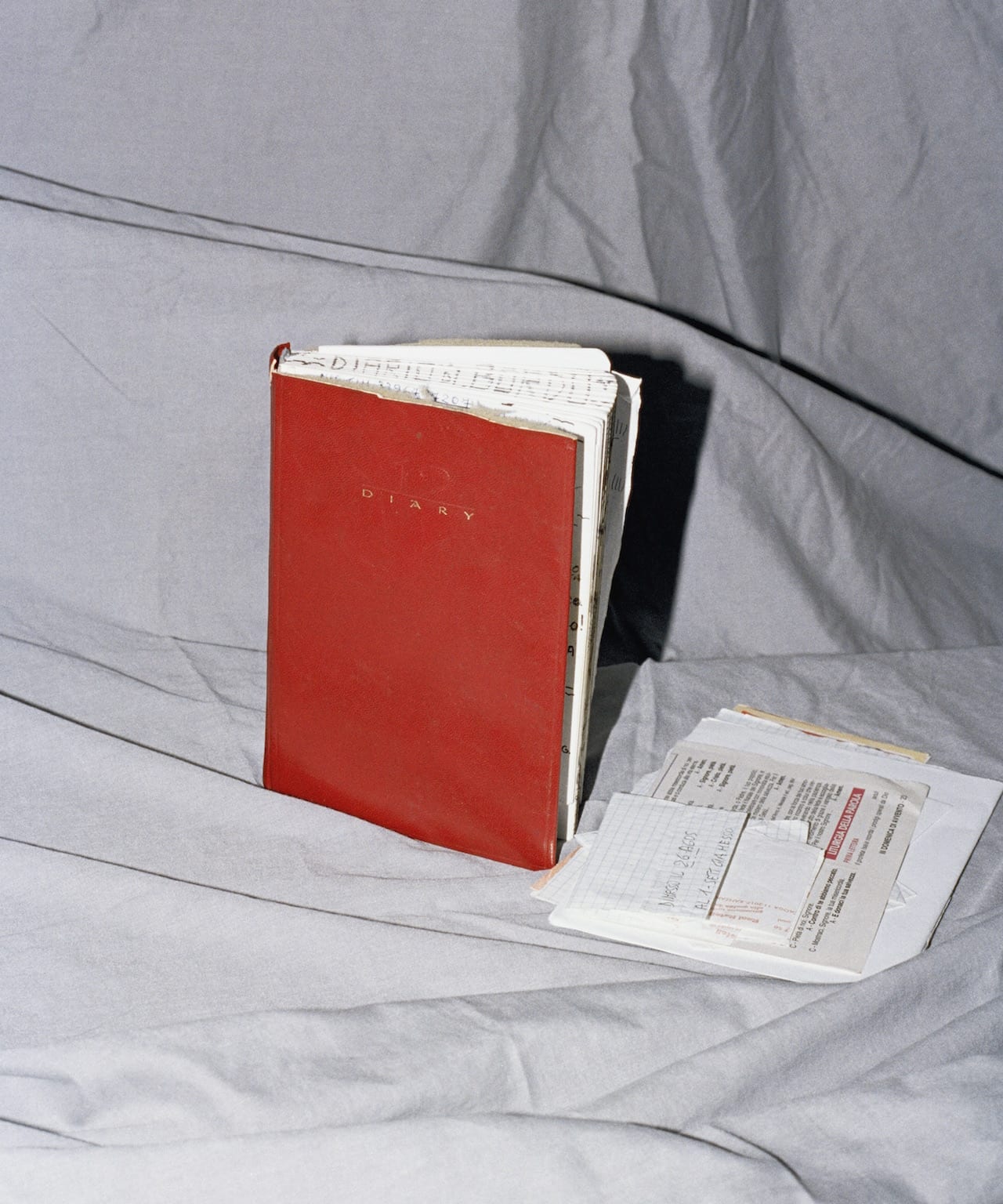
When Veronica Viacava moved to London, straight out of high school in Milan, she had never studied photography. But she had developed an interest in the concept of the photographic image, beyond the physicality of manually taking pictures, and seeking independence from her family, who didn’t approve of her desire to study the arts, enrolled at the University of Middlesex. Viacava has just graduated, and her work has been deeply personal throughout. When she was 17, her mother passed away, which led to intense musings on old family photo albums. By the end of her second year at Middlesex, she had begun to think about the materialisation of memory and “the idea of photography turning the past into an object”, she says. “So that you can look through it.”
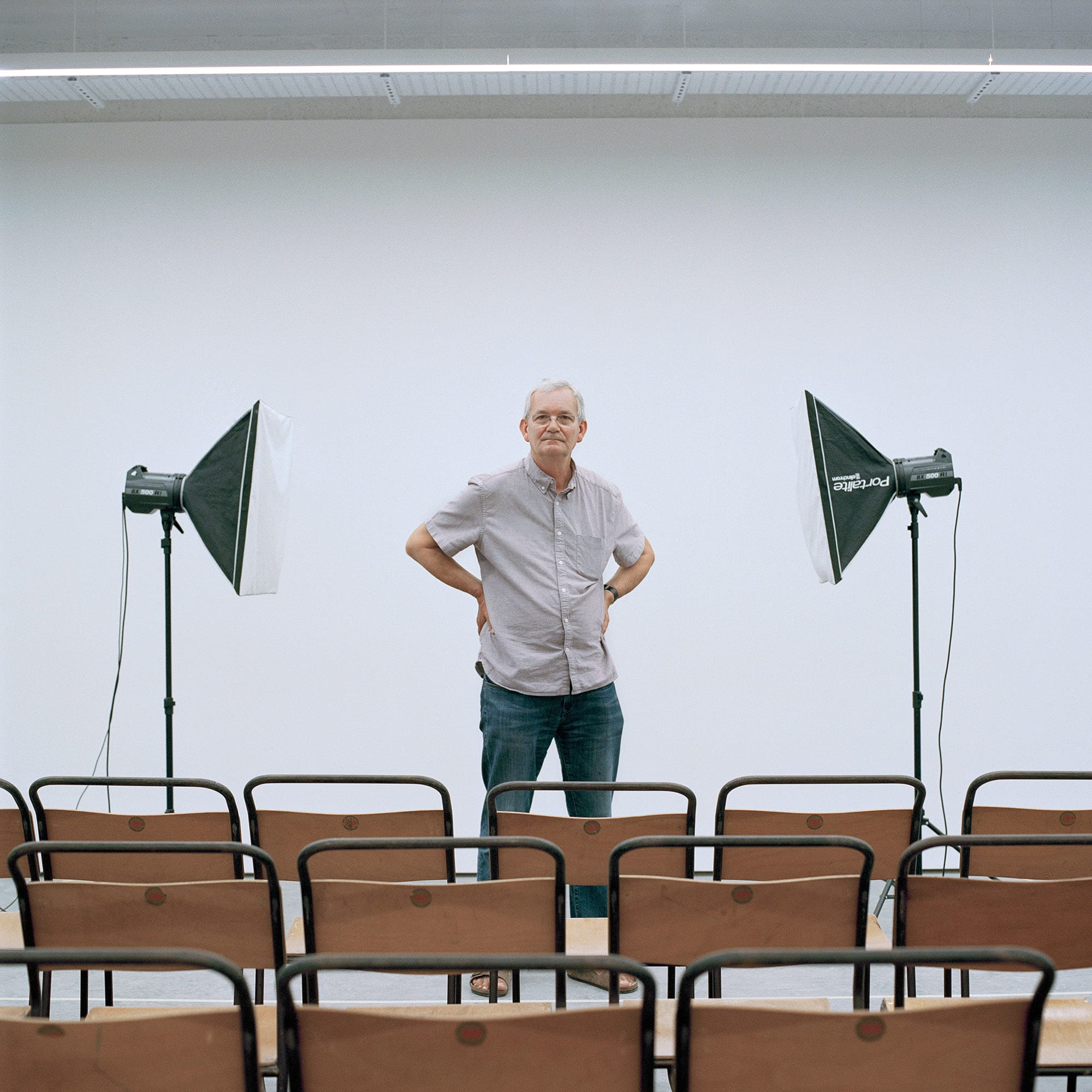
Martin Parr has found a permanent home for the foundation he set up in 2014, giving visitors access to his archive and to his formidable collection. “I’ve been very lucky,” he told BJP’s Gemma Padley. “I have secured a very good living from doing this, and so the foundation is a great way to feed some of that back into the system.”
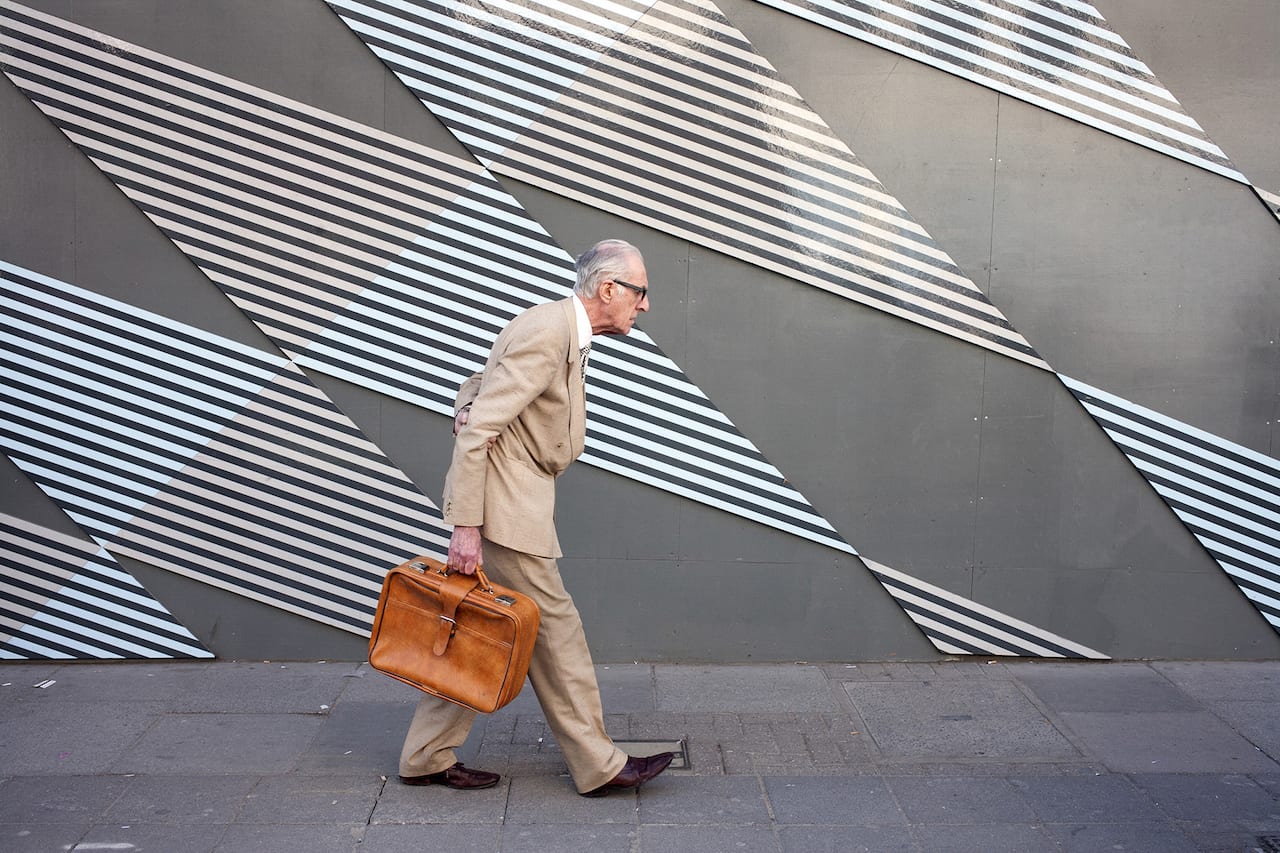
“I’ve tried to create something different to the other Street Photography events out there, this…
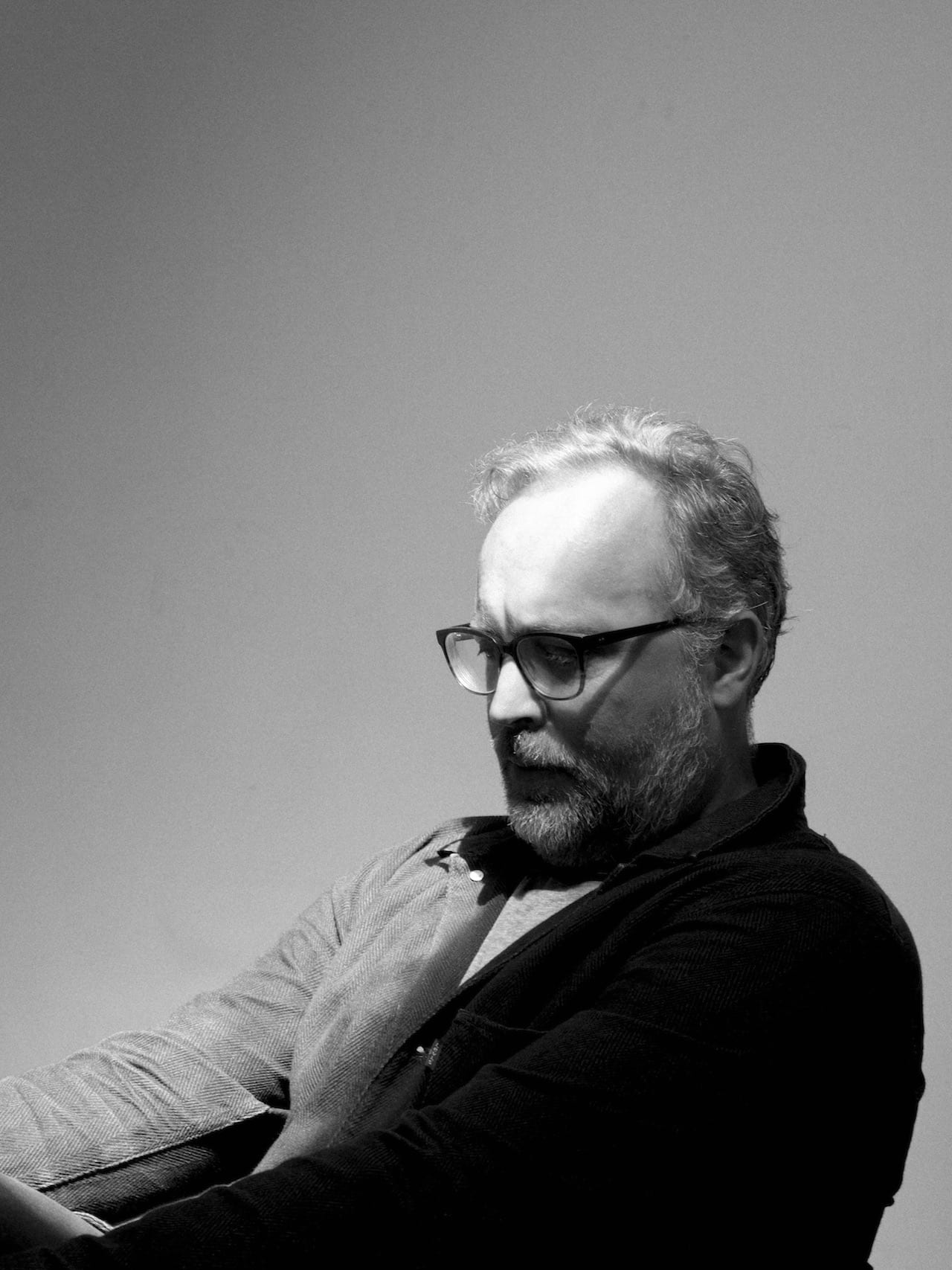
“I’ve just about had enough of photojournalism. What I find most disheartening is the staunch anti-intellectualism; an almost complete lack of self-awareness, with severe consequences in today’s world of ‘alternative facts’. We don’t trust what we see. Why is that?” asks Donald Weber, originally a trained architect but now a leading thinker with four photobooks to his name
Education is the foundation of our industry. In this collection, we scour the country's universities and institutions, to interview our selection of the best photography graduates year on year. We also speak to educators and university course leaders to find out more about the nuances of their photography undergraduate and postgraduate programmes, locally in the UK and further afield.
But education does not stop there. There are countless opportunities to develop photographic practices for early to mid-career photographers outside of the traditional structures too. We speak to residency directors, leaders of short courses and masterclasses, and more.